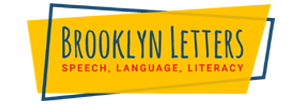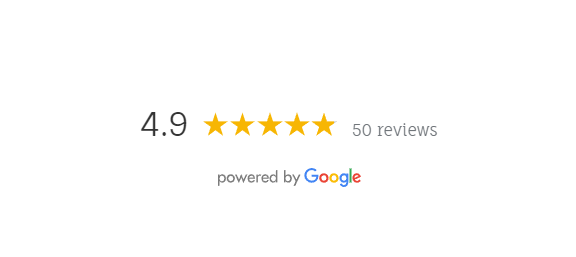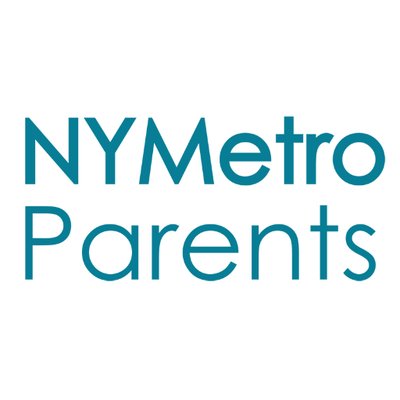READING COMPREHENSION TUTORING

READING COMPREHENSION TUTORING

As Featured In:
Our Reading Comprehension Tutors Travel To Your NYC Metro Area Home! Expert In-Person & Remote Reading Comprehension Tutoring | Free Consultations and Meet & Greets with Our Staff.
Our Reading Comprehension Tutors Travel To Your NYC Metro Area Home! Expert In-Person & Remote Reading Comprehension Tutoring | Free Consultations and Meet & Greets with Our Staff.
FOR LITERACY SERVICES OUTSIDE OF BROOKLYN
We travel to:
BROOKLYN NEIGHBORHOODS
Literacy Specialists
We travel to you and we also offer remote services. Our Literacy Specialists work on decoding, encoding (spelling), reading comprehension, and writing skills.
Literacy Specialists
We travel to you and we also offer remote services. Our Literacy Specialists work on decoding, encoding (spelling), reading comprehension, and writing skills.
Common Core English Language Arts (ELA) Standards & Worksheets
Common Core English Language Arts (ELA) Standards & Worksheets
TESTIMONIALS
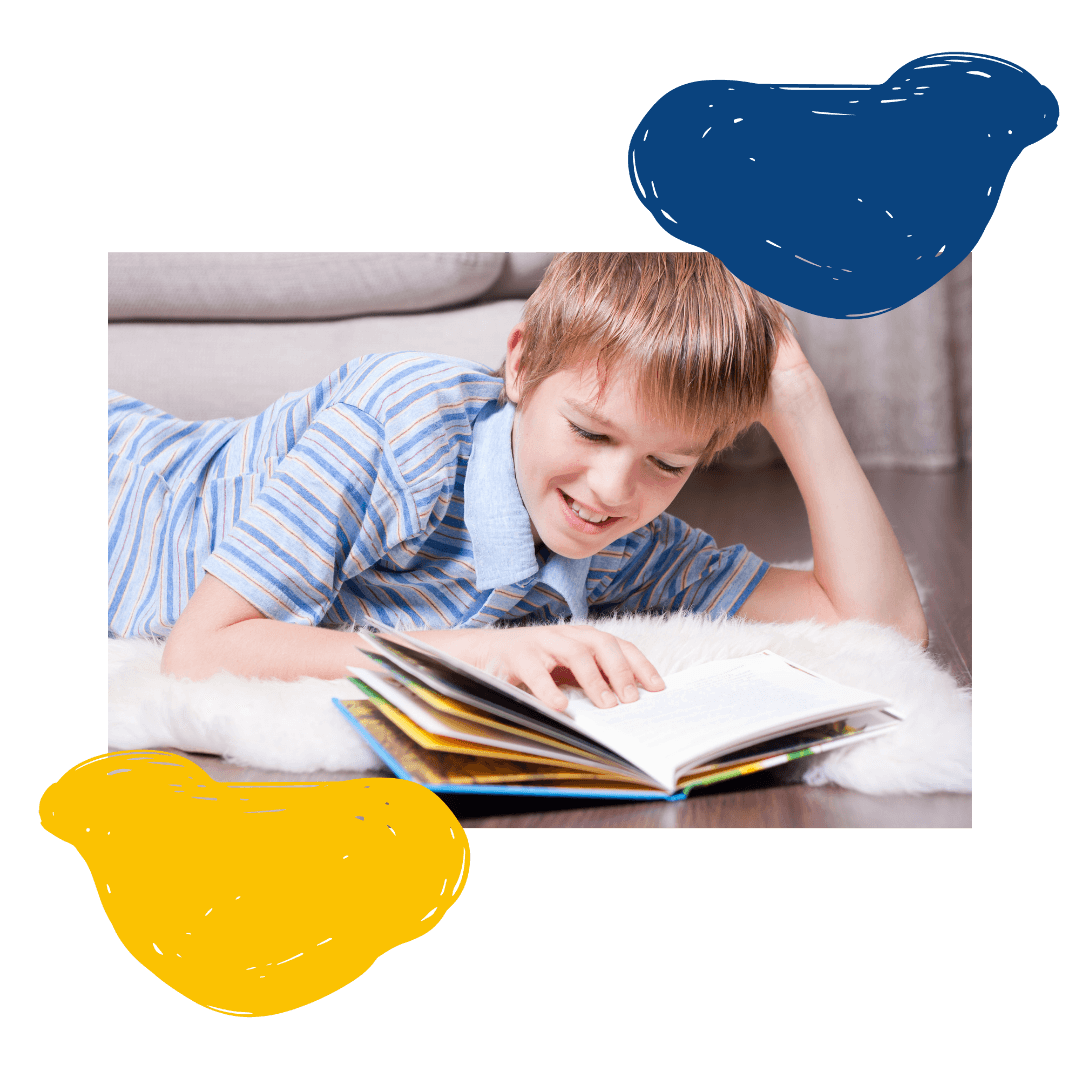
Why Reading Comprehension is Crucial for Students
-
Process and understand events, dialogue, ideas, and information
-
Relate new information to previous knowledge or what they already know
-
Adjust current knowledge in relation to new ideas or information and look at ideas in different ways or standpoints
-
Identify and recall key points in a story or other reading material
-
Understand hidden or underlying meanings (read between the lines)
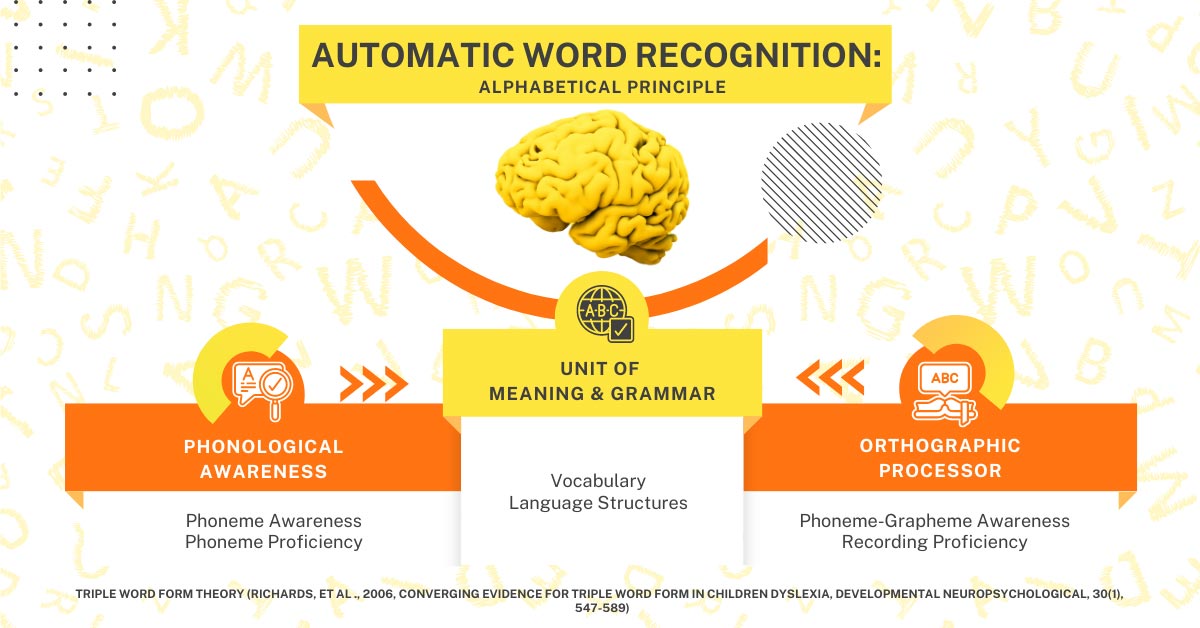
How to Improve Reading Comprehension Skills
-
Making connections or using background knowledge – Students relate new information with existing knowledge they acquired from their own experiences, other texts, and real-world events.
-
Asking questions – Students ask themselves questions as they go through the text. This helps the reader process and summarize information and identify main ideas and underlying meanings.
-
Visualizing – Creating mental images or “movies” of what they are reading to better understand events and situations in the text.
-
Determining the importance of a text – This means that a student can differentiate between crucial and interesting information and fact and opinion; identify cause and effect, themes; compare and contrast ideas; determine problems and solutions; summarize; list steps in a process; and recall information that answer specific questions.
-
Making inferences – Taking clues from the text and combining it with their background knowledge and identify underlying themes.
-
Synthesizing – Integrating new information with existing knowledge to create original ideas or new perspectives.
Best to tackle these 4 sentences types for reading comprehension:
- Passive voice
- Adverbial clauses and temporal and causal conjunctions
- Center-embedded relative clauses
- Sentences with three or more clauses
-
Predicting
-
Think-alouds (monitoring comprehension)
-
Constructing, revising and questioning meanings made while reading
-
Determining the meanings of unfamiliar words and concepts
-
Monitoring understanding and making adjustments as needed
-
Using different approaches to specific genres of text
-
Paying attention to characters and settings while reading narratives (e.g. understanding story and text structure)
-
Constructing and revising summaries while reading expository text
-
Using graphic and semantic organizers.
Read more about Seven Strategies to Teach Students Text Comprehension and 2021 Reading Model for Fluency, Comprehension, Self-Regulation, and Vocabulary.
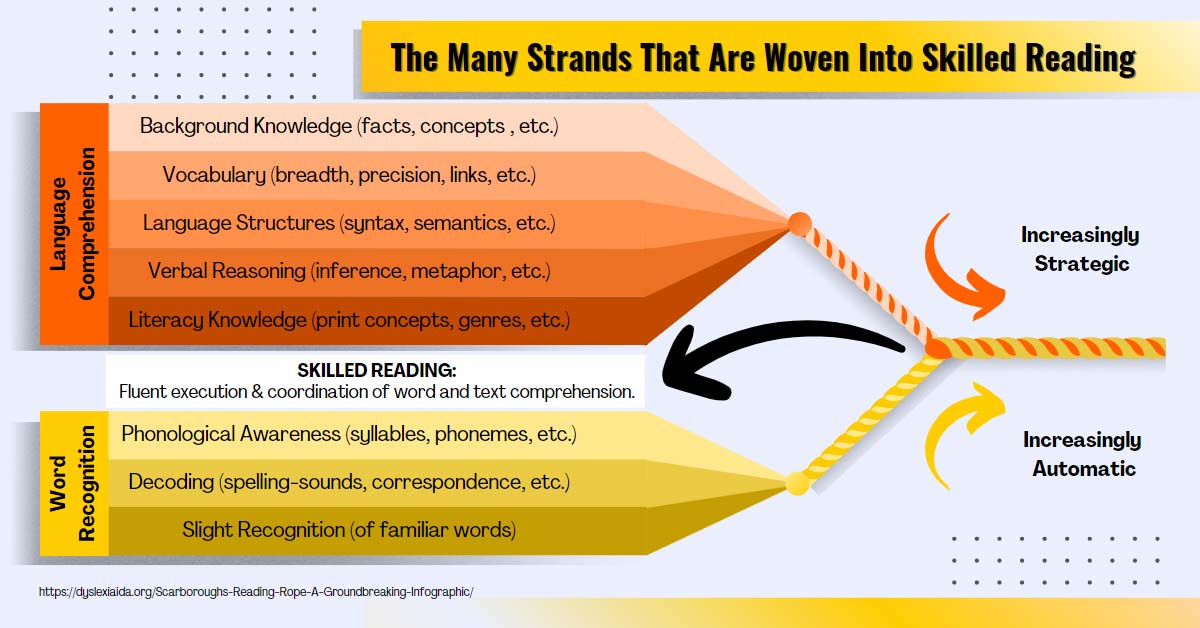
Visualizing and Verbalizing
Children who have difficulties with reading comprehension will have trouble understanding information they have just read. People with dyslexia may struggle with reading fluency and comprehension. Read this article to learn more about dyslexia, recognize the signs, impact, support, and accommodations, how to identify the indicators, and get a diagnosis, post-diagnosis steps, approaches, assistance, how to boost self-worth, and many more!
Visualizing and verbalizing help this process by teaching students to create pictures in their minds. Much like making a mini movie of the text they are reading to visualize the main idea. This is also known as concept imagery. Visualizing and verbalizing requite learners to apply their real-world experiences and knowledge to create meaning. By making text-to-self connections, it becomes easier for students to process, recall, and describe information using their own words. By drawing from the mental pictures they created, they can also respond to questions that need specific answers. An example of a visualizing and verbalizing exercise would be to ask a student to describe an object or photo that is presented to them. Once the child has gained adequate mastery of this skill, he or she is then asked to describe an object familiar to them but are not in front of them. This may be their favorite toy, a piece of furniture in their room, or a pet. (Read more about concept imagery in the book Visualizing and Verbalizing: For Language Comprehension and Thinking available on Amazon.com)
Read more about Brooklyn Letters’ reading comprehension and listening comprehension tutoring.

Alexa S.
Masters in Elementary Education;
Orton Gillingham Trained and Experienced

Derek B.
MA, NYS Certified Pre-K-6th Grade,
NYS Certified Childhood Education
And Students With Disabilities

Kaitlyn
Bachelor’s degree
in Childhood Education
(Grades 1-6), Master’s Degree
in Special Education
(Grade 1- Grade 6)

Brian
MAT in Early Childhood Education,
Certificate in Childhood Education (Grades 1-6)

Lynsey
M.S. Literacy

Clint K.
Master’s in General
and Special Education

Isabel F.
M.S. Education for General
& Special Education,
NYS Certified Educator of
Childhood General & Special Education
David K.
Masters in Special Education. Teaching credential in Multiple Subjects (General Education, Elementary K-6) and Special Education (mild-moderate disabilities). Trained in the Orton-Gillingham approach to Literacy.

Why Reading Comprehension is Crucial for Students
-
Process and understand events, dialogue, ideas, and information
-
Relate new information to previous knowledge or what they already know
-
Adjust current knowledge in relation to new ideas or information and look at ideas in different ways or standpoints
-
Identify and recall key points in a story or other reading material
-
Understand hidden or underlying meanings (read between the lines)

How to Improve Reading Comprehension Skills
-
Making connections or using background knowledge – Students relate new information with existing knowledge they acquired from their own experiences, other texts, and real-world events.
-
Asking questions – Students ask themselves questions as they go through the text. This helps the reader process and summarize information and identify main ideas and underlying meanings.
-
Visualizing – Creating mental images or “movies” of what they are reading to better understand events and situations in the text.
-
Determining the importance of a text – This means that a student can differentiate between crucial and interesting information and fact and opinion; identify cause and effect, themes; compare and contrast ideas; determine problems and solutions; summarize; list steps in a process; and recall information that answer specific questions.
-
Making inferences – Taking clues from the text and combining it with their background knowledge and identify underlying themes.
-
Synthesizing – Integrating new information with existing knowledge to create original ideas or new perspectives.
Best to tackle these 4 sentences types for reading comprehension:
- Passive voice
- Adverbial clauses and temporal and causal conjunctions
- Center-embedded relative clauses
- Sentences with three or more clauses
-
Predicting
-
Think-alouds (monitoring comprehension)
-
Constructing, revising and questioning meanings made while reading
-
Determining the meanings of unfamiliar words and concepts
-
Monitoring understanding and making adjustments as needed
-
Using different approaches to specific genres of text
-
Paying attention to characters and settings while reading narratives (e.g. understanding story and text structure)
-
Constructing and revising summaries while reading expository text
-
Using graphic and semantic organizers.
Read more about Seven Strategies to Teach Students Text Comprehension and 2021 Reading Model for Fluency, Comprehension, Self-Regulation, and Vocabulary.

Visualizing and Verbalizing
Children who have difficulties with reading comprehension will have trouble understanding information they have just read. Read this article to learn more about dyslexia, recognize the signs, impact, support, and accommodations, how to identify the indicators, and get a diagnosis, post-diagnosis steps, approaches, assistance, how to boost self-worth, and many more!
Visualizing and verbalizing help this process by teaching students to create pictures in their minds. Much like making a mini movie of the text they are reading to visualize the main idea. This is also known as concept imagery. Visualizing and verbalizing requite learners to apply their real-world experiences and knowledge to create meaning. By making text-to-self connections, it becomes easier for students to process, recall, and describe information using their own words. By drawing from the mental pictures they created, they can also respond to questions that need specific answers. An example of a visualizing and verbalizing exercise would be to ask a student to describe an object or photo that is presented to them. Once the child has gained adequate mastery of this skill, he or she is then asked to describe an object familiar to them but are not in front of them. This may be their favorite toy, a piece of furniture in their room, or a pet. (Read more about concept imagery in the book Visualizing and Verbalizing: For Language Comprehension and Thinking available on Amazon.com)
Read more about Brooklyn Letters’ reading comprehension and listening comprehension tutoring.

Alexa S.
Masters in Elementary Education;
Orton Gillingham Trained and Experienced

Derek B.
MA, NYS Certified Pre-K-6th Grade,
NYS Certified Childhood Education
And Students With Disabilities

Kaitlyn
Bachelor’s degree
in Childhood Education
(Grades 1-6), Master’s Degree
in Special Education
(Grade 1- Grade 6)

Brian
MAT in Early Childhood Education,
Certificate in Childhood Education (Grades 1-6)

Lynsey
M.S. Literacy

Clint K.
Master’s in General
and Special Education

Isabel F.
M.S. Education for General
& Special Education,
NYS Certified Educator of
Childhood General & Special Education

David K.
Masters in Special Education. Teaching credential in Multiple Subjects (General Education, Elementary K-6) and Special Education (mild-moderate disabilities). Trained in the Orton-Gillingham approach to Literacy.
FREE CONSULTATION!!!
Call: (347) 394-3485,
Text: (917) 426-8880
Email: [email protected]
(we respond to email right away!)
FREE CONSULTATION!!!
Call: (347) 394-3485,
Text: (917) 426-8880
Email: [email protected]
(we respond to email right away!)
